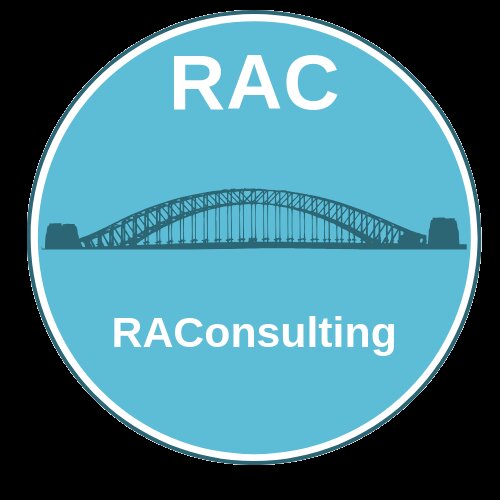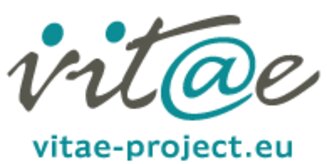Project Overview

This project was managed by the course International Business Simulations (Summer Semester 2019). It was jointly organised by RheinAhrCampus Remagen, the Federal University of Campina Grande and the University of the Sunshine Coast.
Schools, universities, work places and even whole communities can enhance integration by managing to create a “sense of belonging” in the newcomers. The traditional assumption is that the community should be responsible for the integration of the individual.
What happens if we turn this relationship around and assume that it is the newcomers themselves who take over the responsibility for managing their own sense of belonging in their new environment? How can a university help students to learn accountability and responsibility for this process? How can a country empower foreigners to take ownership of their own integration? Our blended learning course “Study Abroad” together with a game “The Resilience Project” that incorporates elements of alternate reality will be designed to make students analyse their own strategies when they enter and inhabit new and unfamiliar spaces and learn to appreciate, enjoy and master the challenges which come with dislocation.
Please consult our overview of earlier projects in order to find out about projects completed before 2009.
The project (Social Responsibility Education in Europe- SOCRESEDU) aims to develop joint "social responsibility" course content for European universities, lecturers and students. The IP project will contribute educational and social goals of mainly LLL strategies among European Universities. Sharing the knowledge, expertise, and experiences of 12 universities, this IP will design a new curriculum on social responsibility and develop its learning methods, materials, and techniques. In order to attain to this main objective, the project will bring together 14 lecturers and 36 undergraduate students, who study in different disciplines, in Izmir-Yasar University for 14 days in 2012. At RheinAhrCampus, the Corporate Social Responsibility activities were developed and realised by the students of International Business Simulations.
The European project UnderstandIT builds up on the project results of VITAE and aims to
- develop a business plan for the implementation of e-Learning / Blended Learning courses into teaching environments with a special emphasis on integrating contents, educational approaches, technologies and economic aspects
- conduct and evaluate pilot courses in four different languages and in four different countries
We want to empower vocational teachers to mentor their students and colleagues to work competently in the digital world.
The core of the model is a "Train the Trainer" course consisting of the four elements below:
- Extending your skills' by expanding your personal learning environment
- Clarifying what support you need from your management through the use of assessment tools
- Testing selected tools and a way of choosing when each is appropriate.
- Practicing mentoring skills to share your expertice
The PDF version of the project handbook provides comprehensive information and in-depth information.

The European project GAMEiT aims to collect and utiliese learning arrangements in the area of GAME BASED LEARNING. The project team aims to produce
- a handbook illustrating best practice examples of the successful integration of Game Based Learning into regular teaching units
- an online course for teacher training. The course will support lecturers with the development of existing teaching materials by utilising the methodology of Game Based Learning.
"One Europe. One Learning Portal" - This was the motto which motivated German, British and Polish experts on education under the leadership of ILT Solutions GmbH to develop, test and promote an EU-wide portal for information on education, training and certification. The resulting Columbus Portal is a virtual marketplace for internet-based training courses. It featues information on language learning software for all major European languages as well as areas covered in school curricula, recent research findings, information about distant countries as well as European countries and leisure activities. The portal aims at including providers of professional learning software as well as offering private-sector experts on topics as diverse as fishing and camping a platform for generating learning programmes based on didactic tools.
As a follow-up for the European Year of Intercultural Dialogue the project Borrowed Identities aims at creating an intercultural learning environment based on virtual and real mobility.
The multi-disciplinary project is targeted to Business, Technical and Humanities students in Germany, Hungary, Lithuania, Sweden and the UK and will focus on combining computer mediated academic work, face-to-face meetings and intercultural communication.






